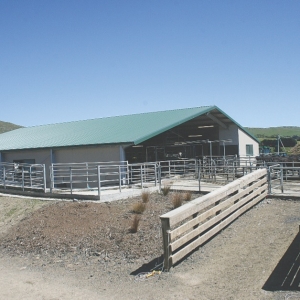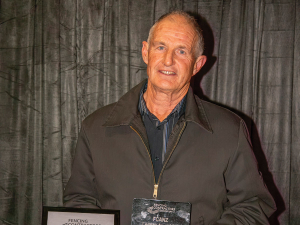Legislation introduced last month requires electricians to hand their customers a certificate of compliance or an electrical safety certificate when the job is finished.
The Electrical Contractors Association of New Zealand (ECANZ) warns farmers and homeowners they could face problems insuring or selling properties if they cannot produce a certificate.
ECANZ chief executive Neville Simpson says anecdotal evidence suggests a lot of electrical work is being done by unlicensed persons. He says rural dwellers may sometimes find it expensive to call out electricians, preferring to do the work themselves.
“The problem is that insurance companies will knock back claims where compliance certificates are not provided,” he told Rural News. “Also, when selling a property, farmers will be required to produce compliance certificates for all electrical installations.”
Simpson says there’s also a serious risk to life and property if electrical work is done by unlicensed people.
Electricians have always been required to provide a certificate of compliance or safety certificate to customers. But Simpson says there were some ‘grey areas’ that have been cleared. “And now there’s no longer any doubt that an electrical certificate is required for any work.”
The changes have not been widely publicised by the Government but it is important that consumers know about them.
“Previously an electrical contractor was only required to issue a certificate of compliance for new installations deemed general-risk or high-risk prescribed electrical work.
“The new regulations also apply to any low-risk work – usually maintenance or replacement work on existing properties, and an electrical safety certificate will be required.
“Your electrical contractor is legally required to provide you with a certificate of compliance or an electrical safety certificate depending on the risk level of the work, and if they don’t offer you should be asking for one.”
Simpson says anyone planning electrical work should ensure the electrician they plan to engage is licensed, before work begins, and keep a copy of the certification once it is completed.









